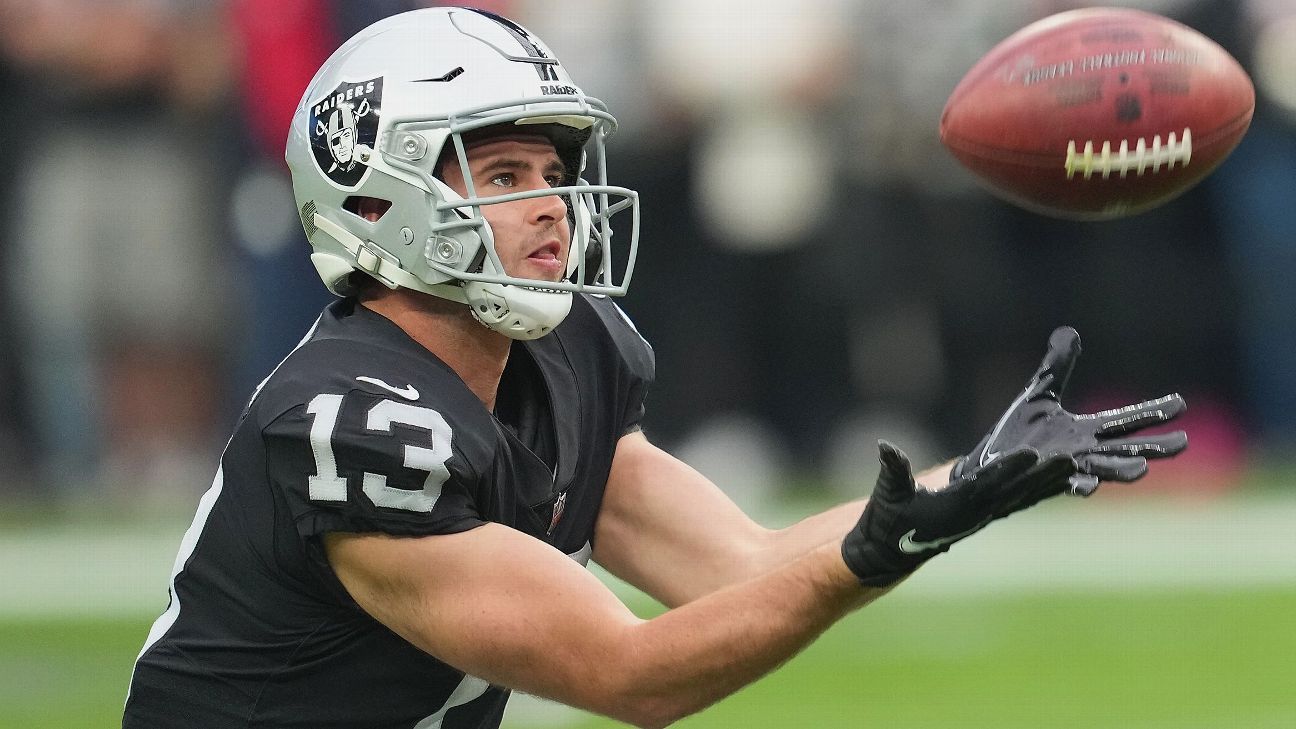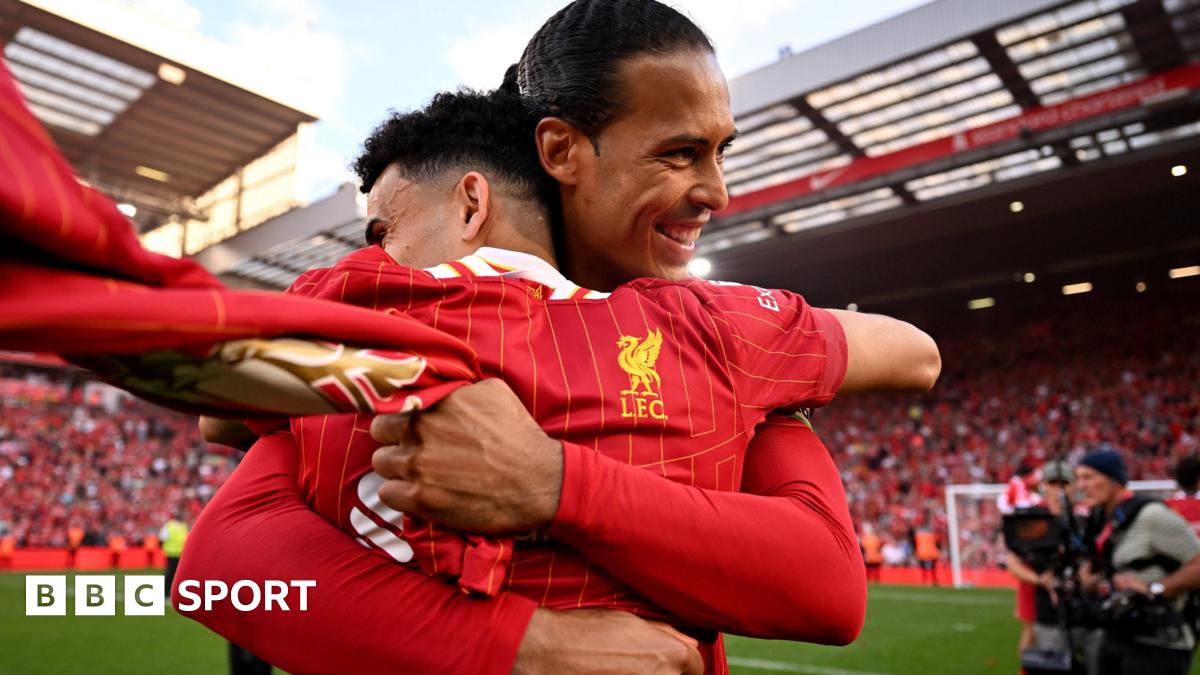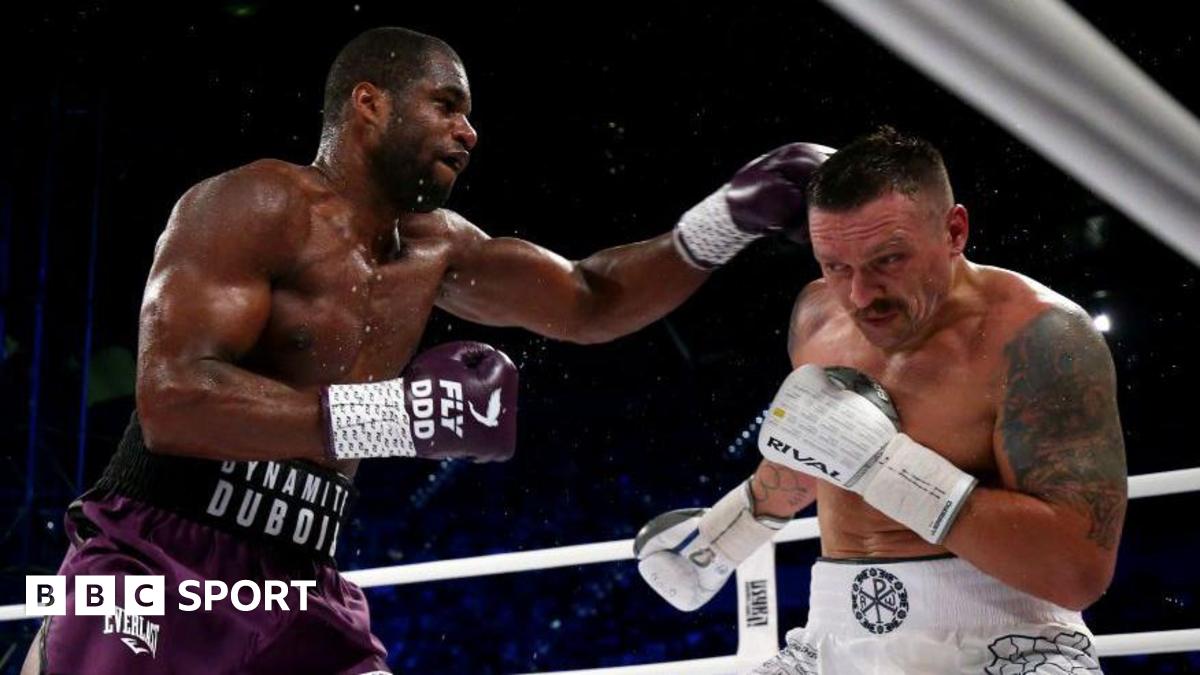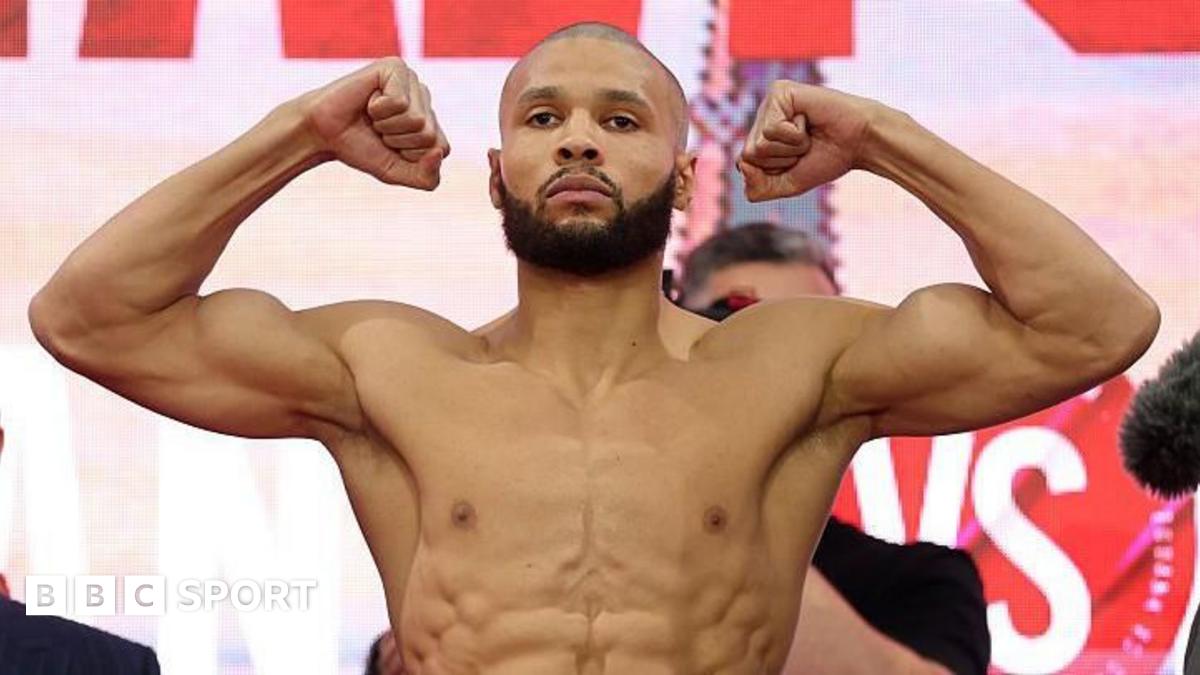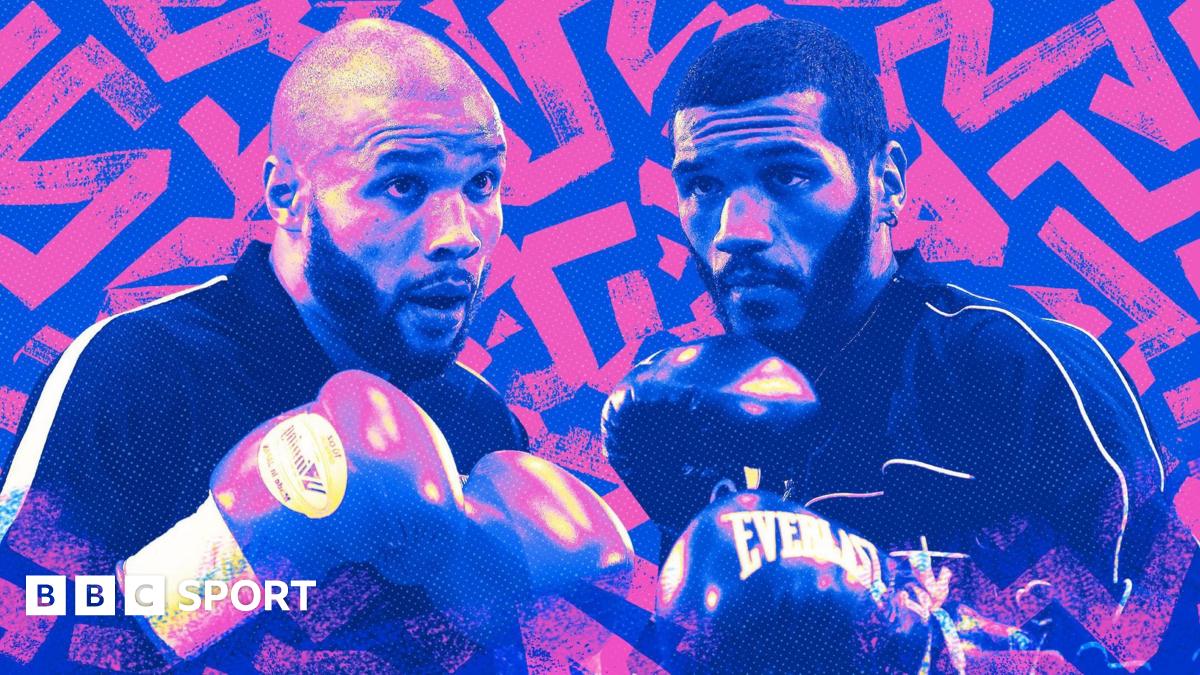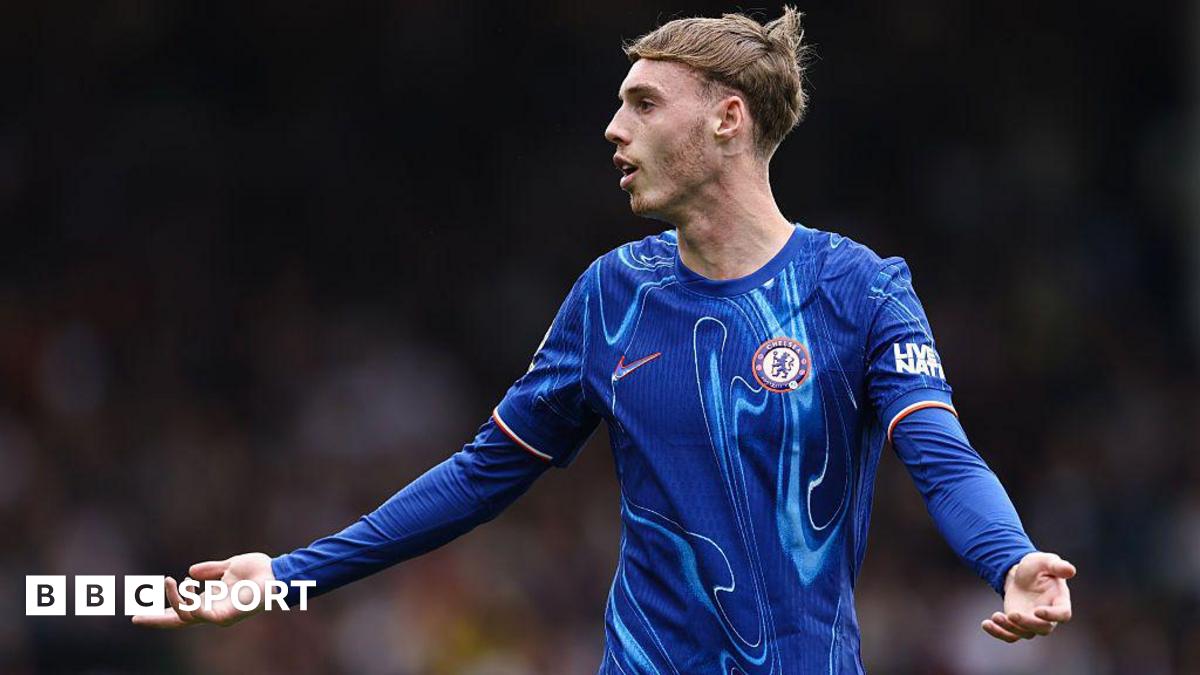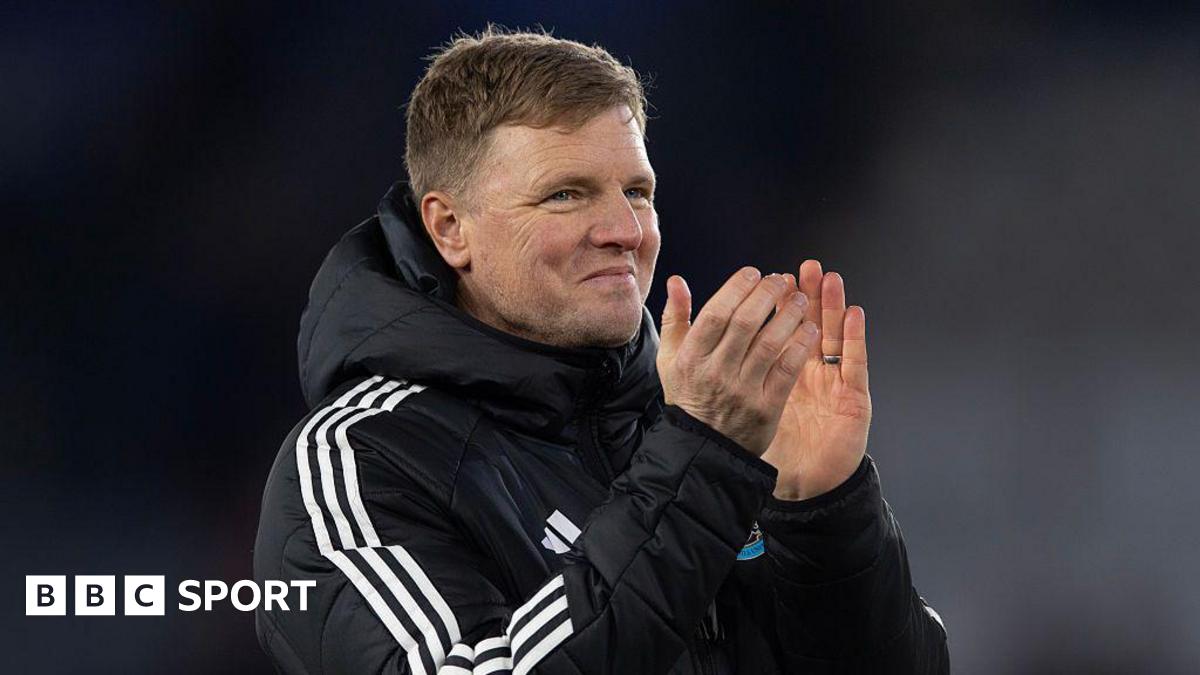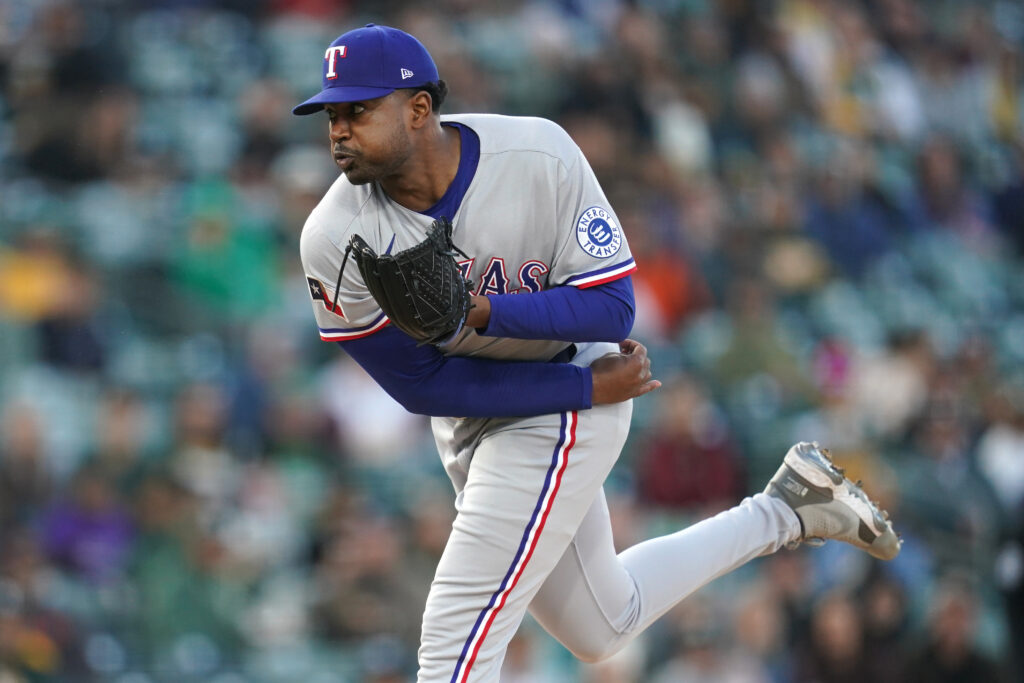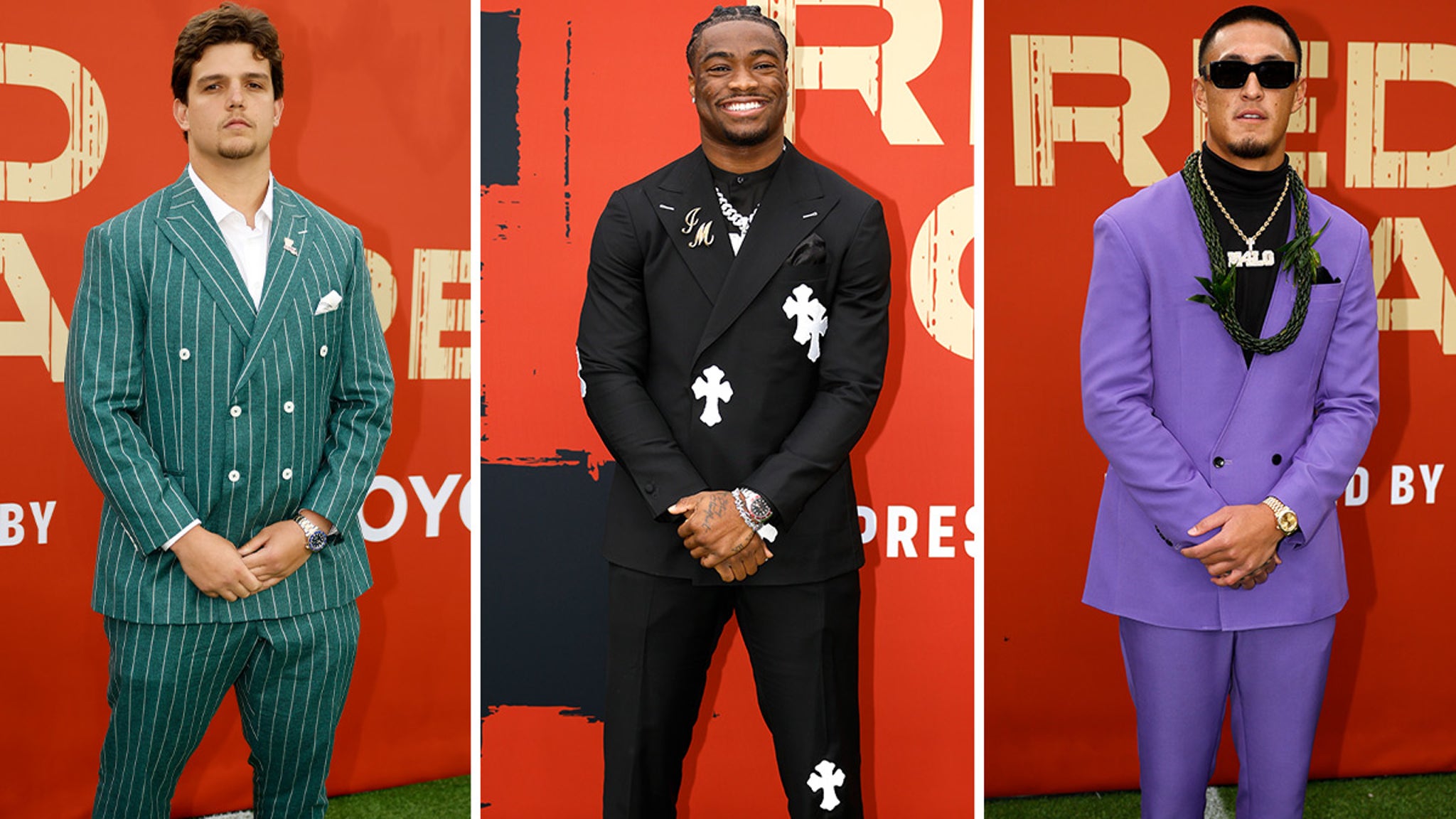Washington Commanders Strike Deal for New Stadium at Historic RFK Site

WASHINGTON, D.C. -- The atmosphere at the National Press Club on the day of the announcement regarding the Washington Commanders' new stadium deal was electric, evoking memories of the excitement that once permeated RFK Stadium, the team's former home from 1961 to 1997. A large crowd filled the room, filled with supporters who shared dreams of future victories, including hopes for more Super Bowl championships.
The Commanders recently finalized an agreement with the city of Washington, D.C., to construct a new stadium on the historic site where RFK Stadium still standsa location synonymous with the team's past triumphs. The proposed stadium will boast a capacity of 65,000 seats and will feature a domed design, although owner Josh Harris mentioned that discussions are ongoing about whether the dome will be retractable. Additionally, there are plans to create a grass playing field, which many players prefer for its natural feel.
Without exaggeration, Harris proclaimed, this will be the best stadium in the country when it's built. His vision transcends just hosting Commanders games; he envisions the venue as a multi-purpose facility that will attract a variety of events throughout the year, including the prestigious Super Bowl. The idea is not just to create a home for the Commanders but to establish a landmark that would serve the entire community.
When asked about the implications of the new stadium for Washington's chances to host a Super Bowl, NFL Commissioner Roger Goodell responded, I didnt come here to announce that, but I would say dramatically, emphasizing the critical role that a state-of-the-art stadium plays in attracting such a significant event. He further noted, I really do think this community could be a great host for a Super Bowl. The [new] stadium is always the missing piece.
The ambitious project is estimated to cost nearly $4 billion, with $2.7 billion coming from the Commanders and $1.147 billion from the city to cover various support structures. The development will take place over a sprawling 179-acre site, which will also feature retail shops, restaurants, parking facilities, and a multisport complex, with an anticipated opening date set for 2030. However, this timeline hinges on securing approval for the funding from the D.C. Council.
Kenyan R. McDuffie, an at-large member of the D.C. Council and one of four council members present at the announcement, expressed enthusiasm for the project, stating, This is such a tremendous opportunity for the nation's capital. With Harriss investment representing the largest private financial commitment in the district's history, the stakes are high for both the team and city officials.
For Mayor Muriel Bowser, the decision is largely an economic one. She, along with other officials, emphasized the necessity of generating revenue for the district, especially in light of job losses among federal employees. If you need to add revenue as we do, you cant leave 180 acres vacant. If you want to attract business, you have to be about business, she asserted, framing the stadium as a cornerstone for revitalizing the area.
The personal connections shared by both Harris and Goodell, who grew up in the region and attended games at RFK, added a sense of nostalgia to the proceedings. In some ways, its very emotional, Goodell remarked as he reflected on the significance of the announcement. This is a very special day, one that many of us have been looking forward to for many years. ... The Commanders future is a bright one.
Harris reminisced about watching Washington home games as a child, noting how television broadcasts would often capture iconic images of the Washington Monument and the White House, which remain ingrained in his memory. All of that stuff was incredibly motivating for all of us, he said, recalling the excitement that the games brought to the community.
The owner emphasized that his upbringing in the area has fueled the vision for the new stadium, one that seeks to transcend the dilapidated state of RFK and instead reflect the vibrant spirit of Washington football. It brought a city that was socioeconomically distinct together. No matter where you were from, your race, your religion, on Sundays you were Washington football fans, Harris reflected.
Since acquiring the team from Dan Snyder in July 2023, Harris has aimed for a transformation within the organization, collaborating with general manager Adam Peters and coach Dan Quinn, and showcasing young talent like quarterback Jayden Daniels, who has sparked excitement among fans. The new stadium represents a pivotal step in this ongoing transformation, intended to replace the aging facility in Landover, Maryland, which has faced criticism for years.
Goodell expressed optimism about the organizations evolution, stating, This market is critical, and I think to have a franchise that everyone here is proud of thats gotten back on the football field in a positive way and now to have a stadium that brings their team back into D.C., thats a really big step and something thats been great for the NFL.
During their tenure at RFK, the Washington team claimed three Super Bowl victories and reached five championships, creating a legacy associated with passionate fans and a vibrant atmosphere. Harris indicated that they aim to replicate that intensity in the new stadium, asserting that the NFL recognizes the power of RFK. He stated, My vision is to bring this as close to our RFK as we can. RFK was truly an inspirational place.
While there are still hurdles to overcome in securing council approval for the funding, Harris expressed confidence that the project would garner support, claiming, the project will sell itself. For now, the attendees at the announcement celebrated this significant milestone. Reflecting on a recent meeting with the mayor, Harris recalled Bowser saying, Its time to go. Just days later, excitement filled the National Press Club as they discussed the stadium deal in front of a captivated audience.
Were bringing the stadium back where it should be, said Doug Williams, a senior adviser in Washington who played for the organization from 1986 to 1989 and led the team to a Super Bowl victory after the 1987 season. Its just like going home.












